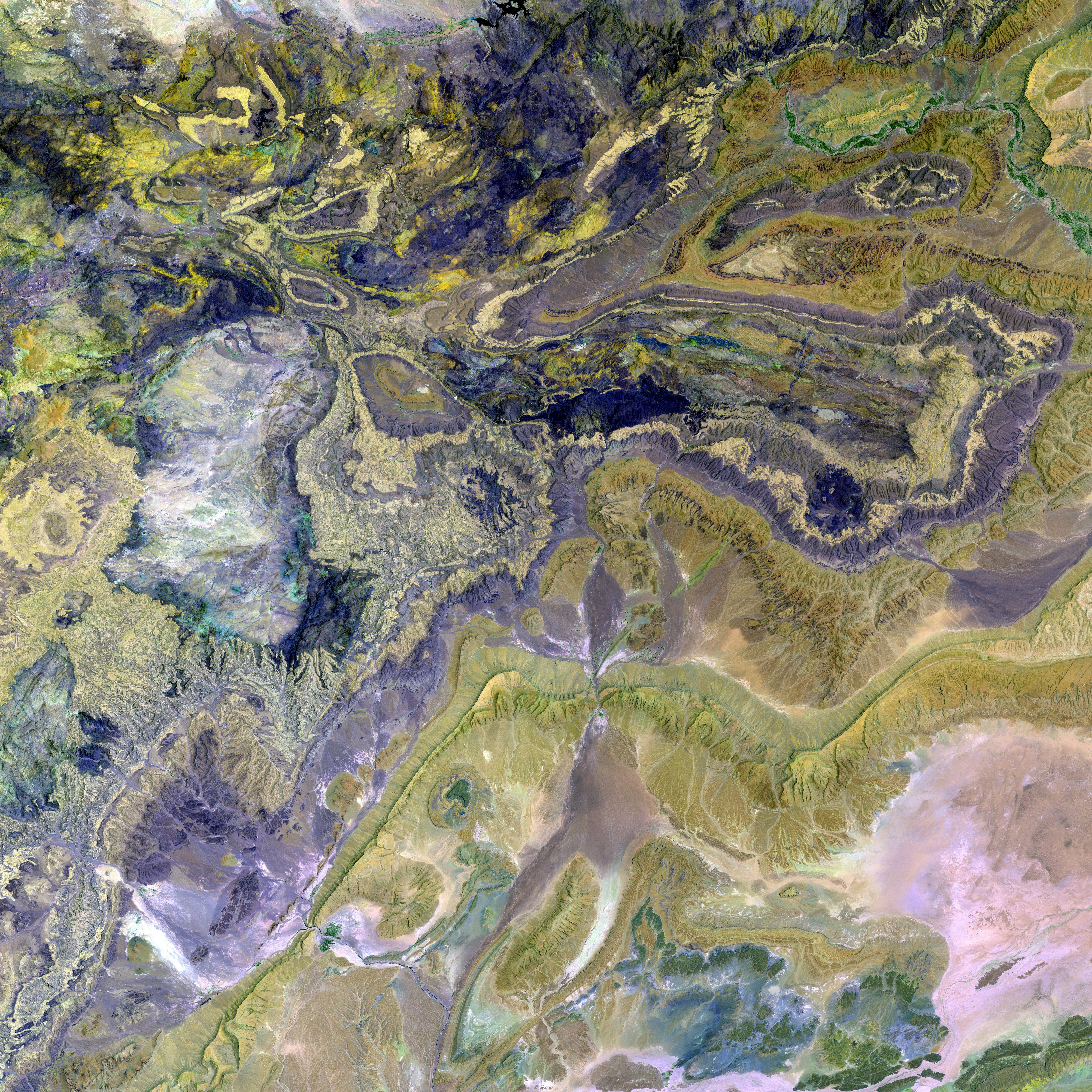Criticizing the Idea of a One-Party State: A Response to Ganduje's Remarks
Multi-Party Criticism: NNPP, Ohanaeze, Afenifere Voice Disapproval of Ganduje's Single-Party Rule
The recent statement made by Umar Ganduje, National Chairman of the All Progressives Congress (APC), regarding a one-party state has sparked a heated debate. In a chat with our website, Ganduje highlighted the economic success of China under a one-party system, implying that Nigeria might benefit from a similar model. However, his remarks have ruffled feathers across various political parties, with leaders expressing concerns about the potential consequences of such a move.
Hashim Sulaiman Dungurawa, Chairman of the New Nigeria People's Party (NNPP) in Kano, voiced his disapproval, stating that a true democrat values participation, diversity of opinion, and the importance of opposition. He emphasized that dismissing other parties or voices can raise serious concerns within a democratic setup. According to him, democracy thrives on openness, inclusion, and respect for diverse political actors.
Ezechi Chukwu, National Publicity Secretary of the Ohanaeze Ndigbo, also weighed in, warning that a one-party state threatens the health of the current democracy. He emphasized the need for strong opposition in a multi-party democracy, arguing that it is enshrined in Nigeria's constitution to promote the nation's pluralistic characteristics.
Similarly, Prince Justice Faloye of Afenifere denounced the one-party state concept as undemocratic and undesirable in a democratic dispensation. He pointed out that Lagos State has been effectively functioning under a one-party rule for 12 years, but Nigerians will resist such a scenario at the national level.
These leaders' sentiments echo the concerns that a one-party state might lead to the undermining of democratic principles, political instability, and the erosion of checks and balances. They have emphasized the importance of diversity and inclusion in the political landscape, urging Ganduje to reconsider his stance on a one-party state.
It remains to be seen if Ganduje's perspective on a one-party state will gain traction among other political leaders and the wider population. For now, the debate rages on, with many voicing their concerns about the potential pitfalls of a one-party system in Nigeria.
As you peruse this topic, remember to consider the pluralistic nature of Nigeria, with its diverse ethnic, religious, and cultural groups. A one-party system that fails to cater to these groups could lead to unrest and dissatisfaction among the populace.
You may like:
*** Abure's LP Faults Ganduje On One-Party State One-Party State: Damagum, Gabam Slam Ganduje Afenifere Calls For Suspension Of SGF, George Akume Over Corruption Allegations Why Police Officer Laced Ganduje's Shoe - An Aide List Of Dignitaries In Attendance At Pa Ayo Adebanjo's Funeral*** Afenifere Has Nothing To Do With Seyi, NANS - Farótimi
[1] Bamidele, A. (2019). Is Nigeria moving towards one-party dominance?. The Conversation Africa. https://theconversation.com/is-nigeria-moving-towards-one-party-dominance-118801
[2] Ibitoye, A. (2021). The paradox of Nigeria's federalism: Fighting the centralisation of power. BBC Africa. https://www.bbc.com/africa/60863592
[3] Oloruntoba, O. O., & Ike, M. (2015). The dynamics of political parties in Nigeria: Trends and challenges in the 21st Century. Journal of Security,Management & Administration, 6(13), 1–11.
[4] Ukpaka, I. O. (2017). The constitutional basis of multi-party democracy in Nigeria. Journal of East African Studies, 11(4), 737–754.
[5] Oloiboni, C. (2019). APC, PDP clash over one-party review. Vanguard. https://www.vanguardngr.com/2019/04/apc-pdp-clash-over-one-party-review/
- Despite the statements made by Umar Ganduje, the National Chairman of the All Progressives Congress (APC), advocating for a one-party state, political leaders, such as Prince Justice Faloye of Afenifere, have expressed concerns about its impact on democracy and political stability in Nigeria.
- In the wake of Ganduje's remarks, Hashim Sulaiman Dungurawa, Chairman of the New Nigeria People's Party (NNPP), highlighted the importance of diversity, opposition, and inclusion in a multi-party democracy, stressing that such values are crucial for democratic principles to thrive.
- Ezechi Chukwu, National Publicity Secretary of Ohanaeze Ndigbo, also warned that a one-party state could potentially harm the health of Nigeria's democracy, arguing that strong opposition, as enshrined in the nation's constitution, is essential for promoting its pluralistic characteristics.
- While Lagos State has been operating under a one-party rule for 12 years, Prince Justice Faloye of Afenifere suggested that Nigerians would resist such a scenario at the national level.
- As this debate continues, it is worth noting that the pluralistic nature of Nigeria, with its diverse ethnic, religious, and cultural groups, highlights the potential risks of a one-party system that fails to cater to these various interests, potentially leading to unrest and dissatisfaction among the populace.







